Ševa Bistro
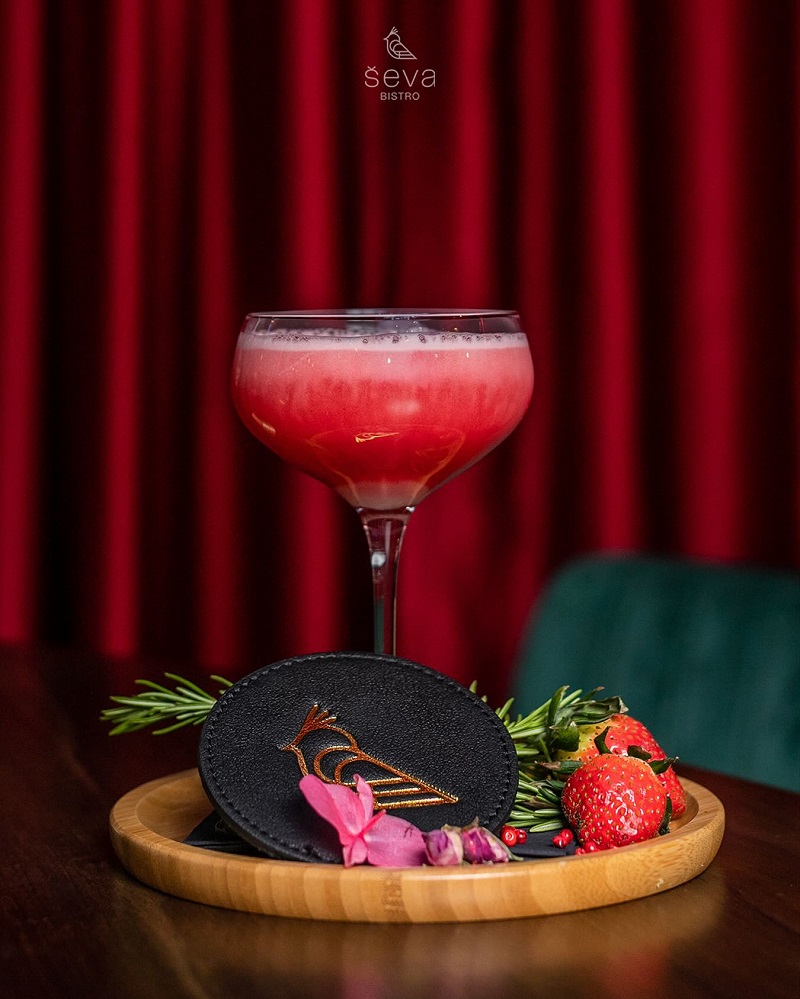
Location: Svetozara Markovica 50Email: bistrosheva@gmail.comPhone: +382 67 655 688FB: ŠevaIG: shevabistro
Ostrog Monastery
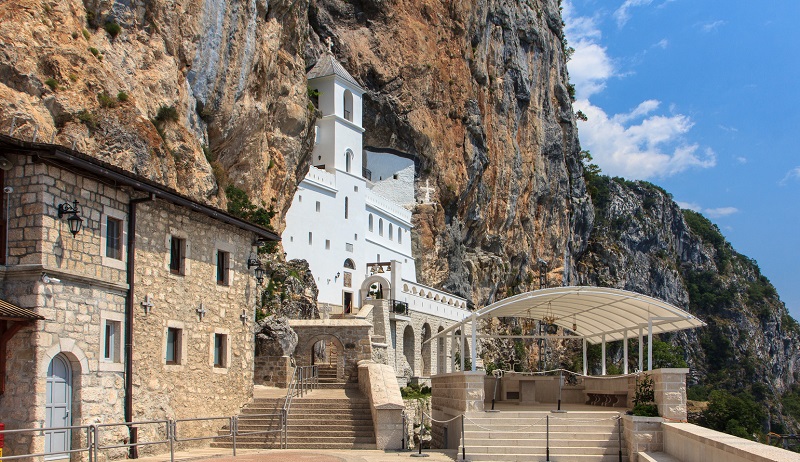
The monastery is located along an almost vertical cliff, high on the Ostroška greda mountain, in the area between Danilovgrad and Nikšić. The monastery was built by Saint Vasilije Ostroski in 1665.
Cetinje
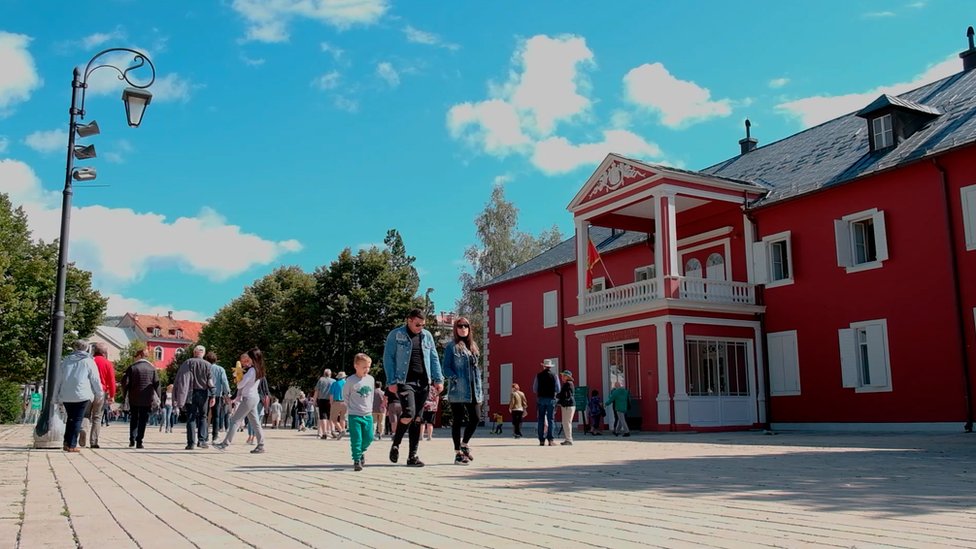
The town is located in the karst field with the same name, in the southern part of the country, at the foot of the Lovćen mountain, at an altitude of 670 meters.
Biogradsko lake
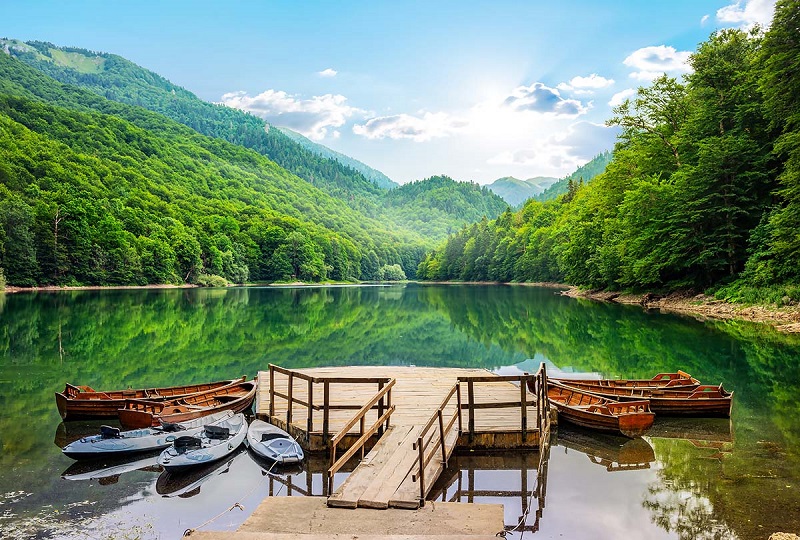
Lake Biograd is the largest mountain lake in Montenegro. It is located on the mountain Bjelasica, 16 km northeast of Kolašin.
Hotel Aurel
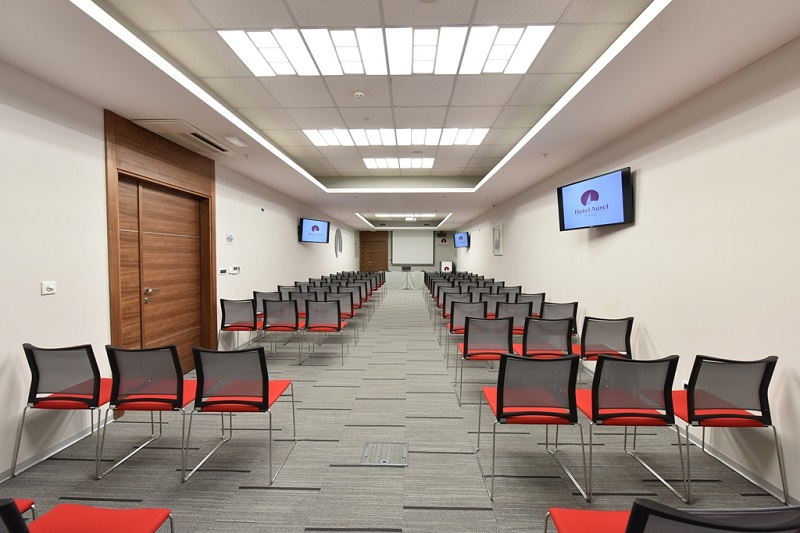
Located in the newly built business area of Podgorica, only 1 km from the city center, Hotel Aurel is an ideal place for both business and holiday guests.
Hotel Bristol

The Bristol hotel is located at the Old Airport in Podgorica, which offers 32 accommodation units with a capacity of over 70 beds.
Hotel Hilton
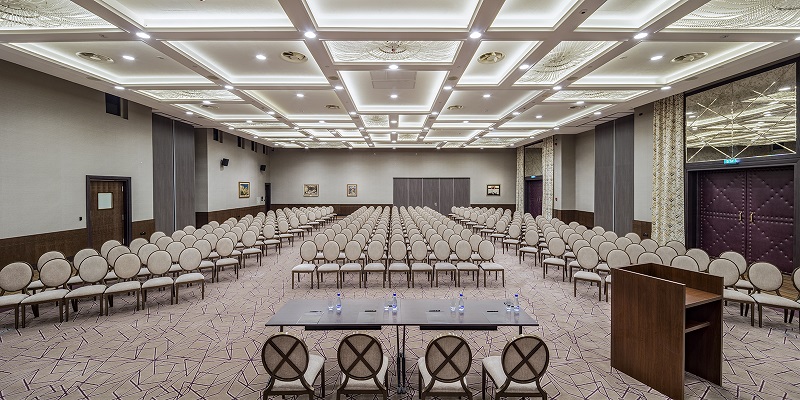
796m2 of meeting space with 5 meeting rooms.
Hotel Podgorica
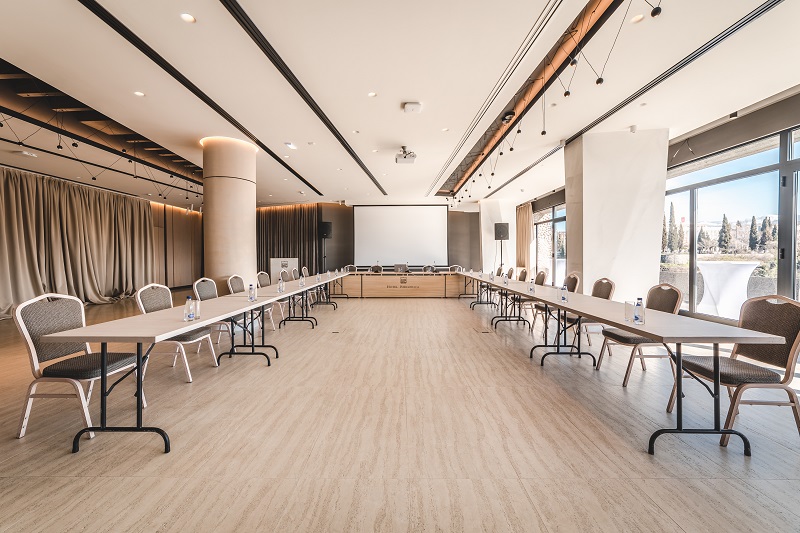
It was built in 1967, according to the project of Svetlana Kane Radević, for whom she was awarded the Borbina Award for Architecture.
Hotel Ramada
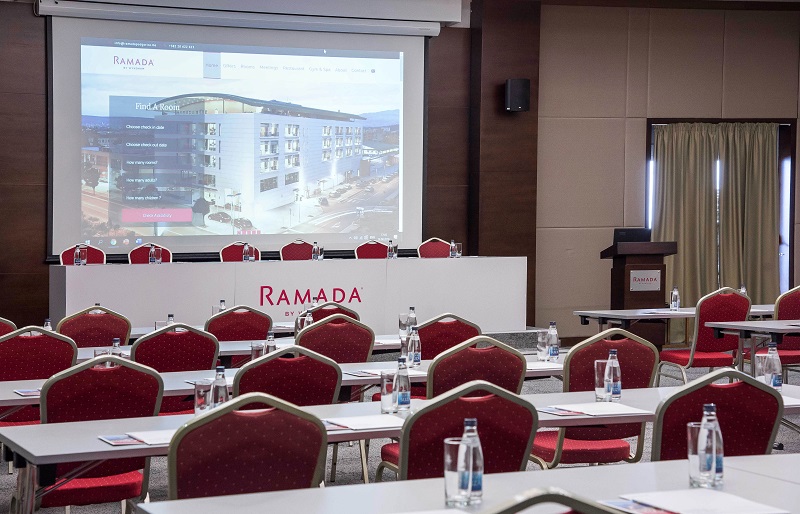
Hotel Ramada is part of the Wyndham group, one of the leading global hotel chains.
Hotel Resurs
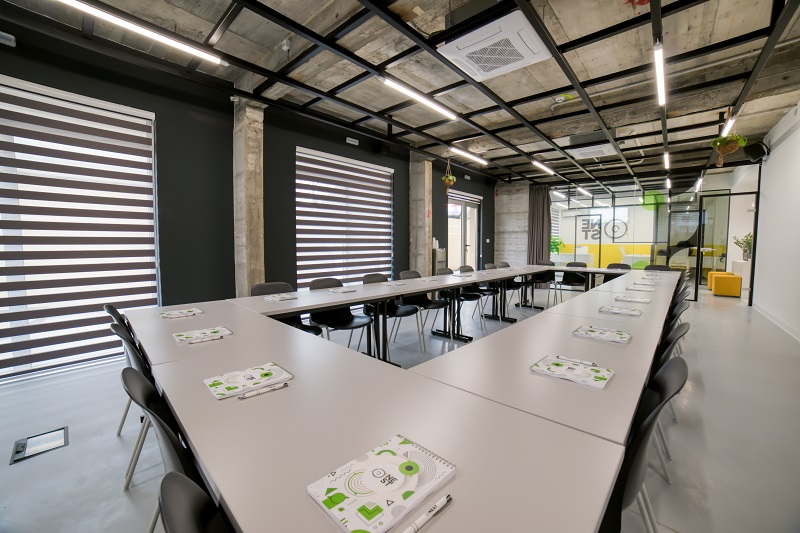
Hotel Resurs is a 4-star hotel in Podgorica. The hotel offers 21 double rooms and 6 single rooms, with a rich breakfast buffet based on the Swedish table.


